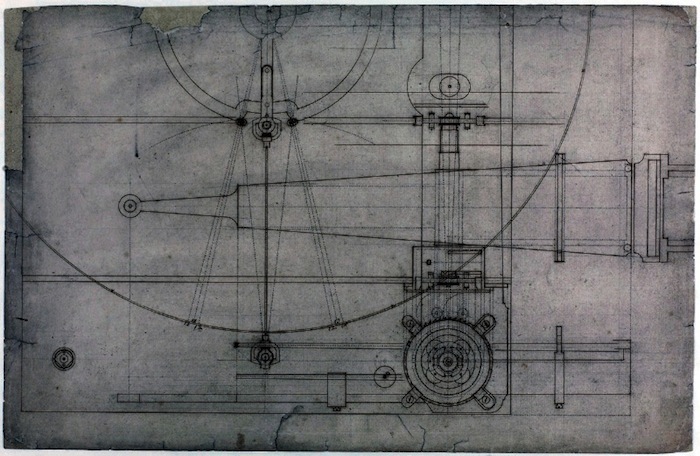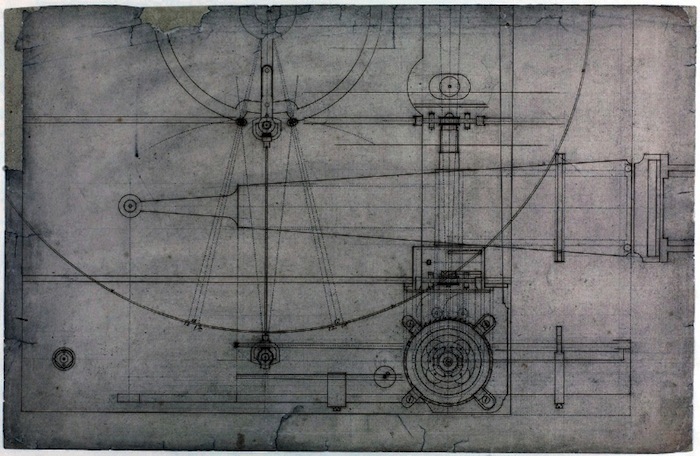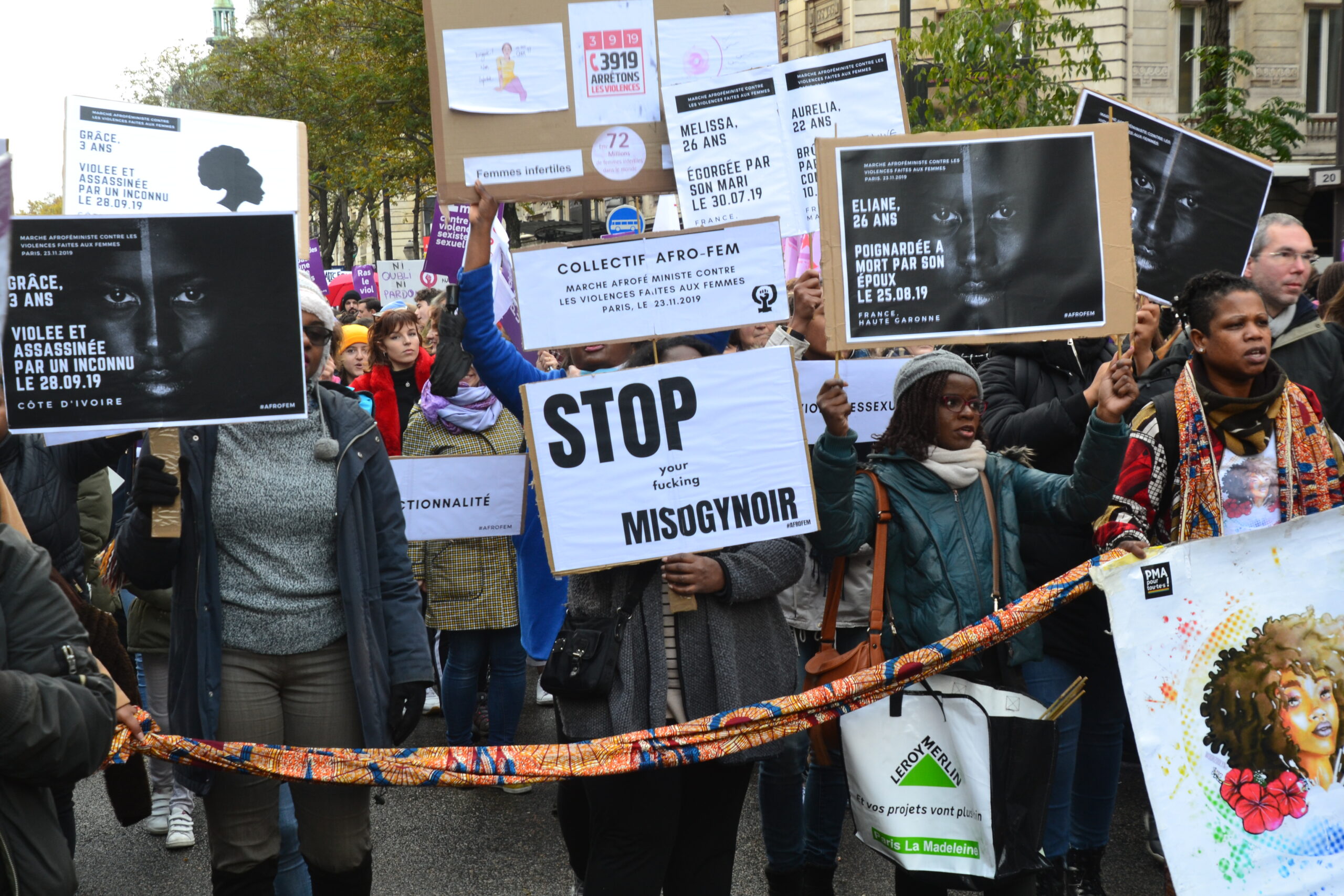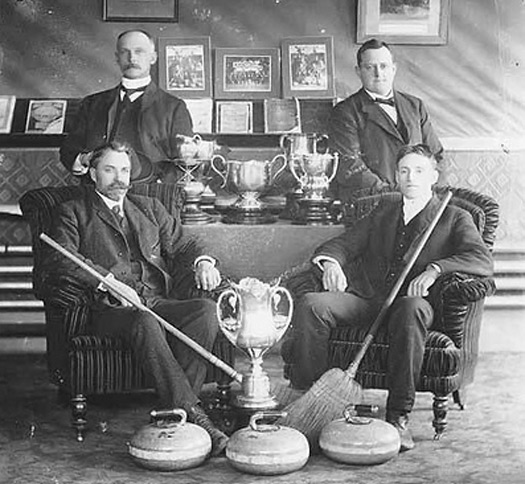
April 20, 2015
Analogue to the Rescue
In October 2023, Design Observer will celebrate its twentieth birthday. Throughout the year, we’ll be highlighting stories we’ve published over the last two decades, revisiting transformative ideas as we examine what’s continued to resonate, what’s missing, and what matters.

Drawing by John Harrison of his 1761 chronometer
It used to be that time defined information. We watched the nine o’clock News, got the morning papers, and listened to the radio for the noon updates. Now it is the other way around—information defines time. A text message chimes its arrival, emails push themselves onto your tablet or smartphone and looking at Twitter can become as bad a habit as smoking. Church bells or the town crier once coordinated time in our cities while the rhythm of country life was determined by seasons, the weather, the animal kingdom. When mechanical clocks appeared in the thirteenth century, they took their name from the Latin clocca, meaning “bell”; they were installed in the center of town so that everybody could hear them ring. They provided the coordinates for daily life.
Pocket watches were in use well before the Age of Enlightenment, and being able to measure time precisely helped people think about what happened elsewhere at the same time. The answers to existential questions were not left to remain unanswered by some unquestionable divine authority but were sought in science. Precise timekeeping enabled scientific experiments and freed people from the constraints of clerical explanations for everything they couldn’t understand. Without the measuring of time, precise navigation was impossible. The position of a ship could be determined with the help of a clock that didn’t lose or gain less than ten seconds a day. John Harrison’s clock of 1761 kept time to within five seconds over ten weeks. Finally, navigators could determine longitude accurately. Harrison deserved his reward of £20,000, equivalent to millions today. His clock made the rapid expansion of the British Empire possible, and measuring time fueled industry. Efficiency in large production systems is unthinkable without precise clocks.
Observed
View all
Observed
By Erik Spiekermann
Related Posts

Equity Observer
Ellen McGirt|Essays
The Design Observer annual gift guide!

Equity Observer
Ellen McGirt|Essays
Gratitude? HARD PASS

Equity Observer
L’Oreal Thompson Payton|Essays
‘Misogynoir is a distraction’: Moya Bailey on why Kamala Harris (or any U.S. president) is not going to save us

Equity Observer
Ellen McGirt|Essays
I’m looking for a dad in finance
Recent Posts
The Design Observer annual gift guide! ‘The creativity just blooms’: “Sing Sing” production designer Ruta Kiskyte on making art with formerly incarcerated cast in a decommissioned prison ‘The American public needs us now more than ever’: Government designers steel for regime change Gratitude? HARD PASSRelated Posts

Equity Observer
Ellen McGirt|Essays
The Design Observer annual gift guide!

Equity Observer
Ellen McGirt|Essays
Gratitude? HARD PASS

Equity Observer
L’Oreal Thompson Payton|Essays
‘Misogynoir is a distraction’: Moya Bailey on why Kamala Harris (or any U.S. president) is not going to save us

Equity Observer
Ellen McGirt|Essays
